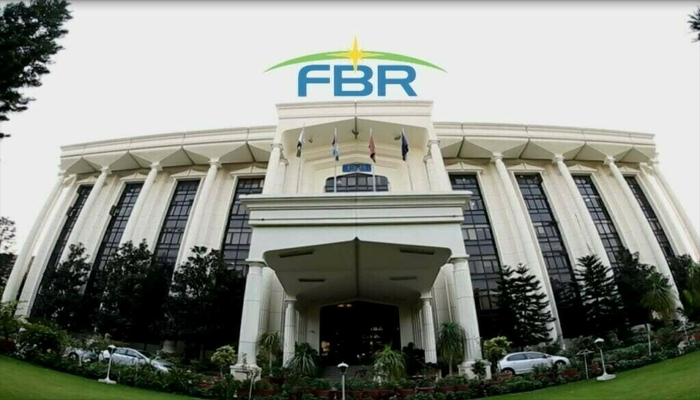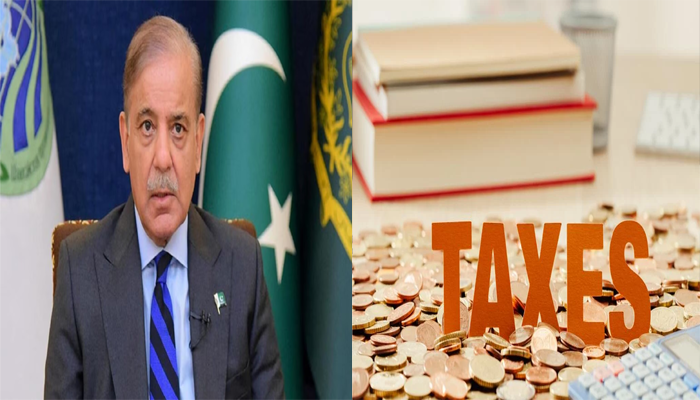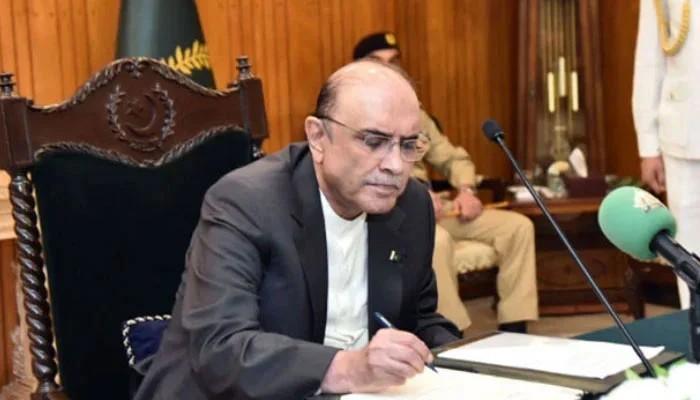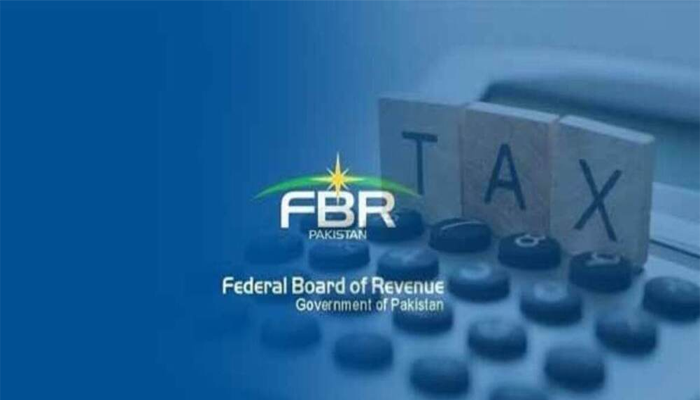The World Bank has suggested that Pakistan should impose taxes on monthly salaries below Rs50,000 and reduce the income threshold for the highest income tax rate of 35% from salaried individuals, further increasing the tax burden on this group.
These recommendations are part of the World Bank's efforts to restore fiscal sustainability, which includes expanding the tax base and rationalizing expenditures.
The World Bank aims to limit federal spending within provincial mandates to reduce federal expenditures and improve accountability for service delivery. The bank has also proposed revisiting the 7th National Finance Commission Award to ensure that financing aligns with the functions of provincial and federal governments.
According to the World Bank's Pakistan Development Outlook report, the current income tax exemption threshold for salaried individuals is set too high, leaving many formally employed individuals outside the tax net. The bank also noted that the threshold for the top income tax bracket for salaried individuals is too high and should be lowered.
The World Bank's recommendations are not aligned with Pakistan's current economic challenges, including high inflation. The bank's proposal to further reduce the income threshold may place an additional burden on the salaried class.
In the last fiscal year, the salaried class paid significantly more in taxes compared to Pakistan's richest exporters, which has led to concerns about social unrest due to the disadvantageous position of the salaried class.
The World Bank has also proposed broadening the tax base by bringing unsalaried individuals and individually owned businesses, including retailers, into the tax system. It suggests reducing the tax-free threshold and simplifying the structure of personal income tax.
On the agriculture front, the World Bank recommends reducing the tax-free threshold for agricultural land to include more land in the tax net.
Additionally, the bank suggests reforming the sales tax law by ending concessional sales tax rates and limiting zero-rating facilities to exports. It also proposes rationalizing the corporate tax regime.
To rationalize expenses, the World Bank recommends reviewing development expenditure and canceling or delaying projects that lack proper preparation, selection, and prioritization. The bank also highlights the need to constrain pension spending and improve fiscal coordination through legal reforms.
Overall, these recommendations aim to address fiscal challenges and promote fiscal sustainability in Pakistan.









